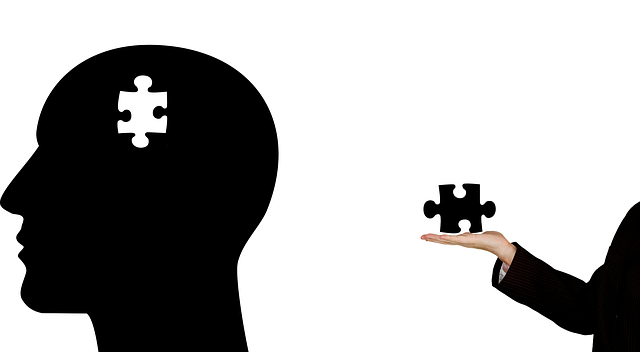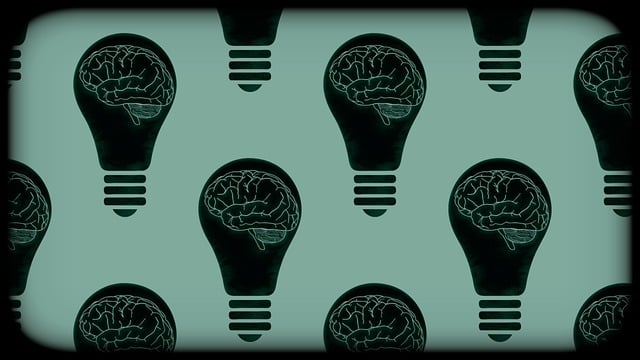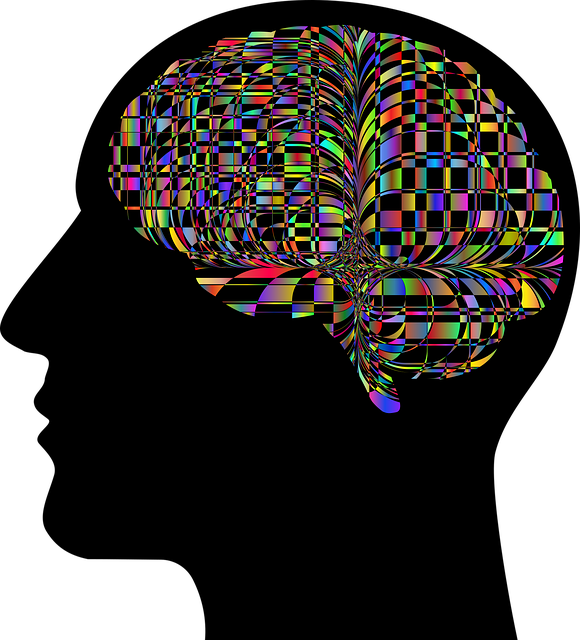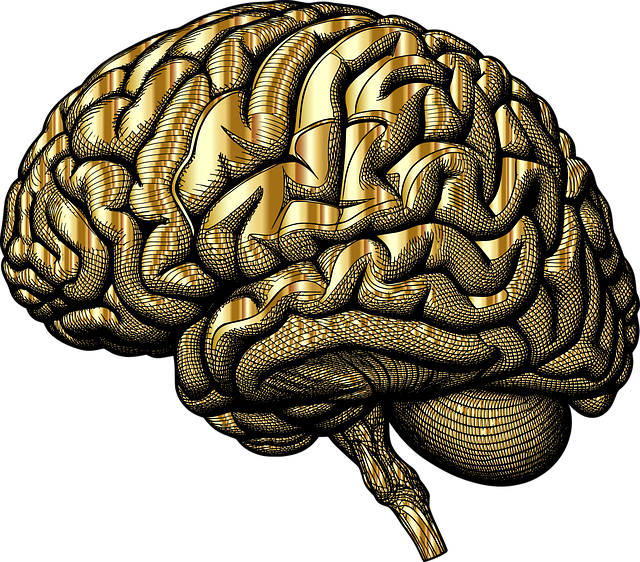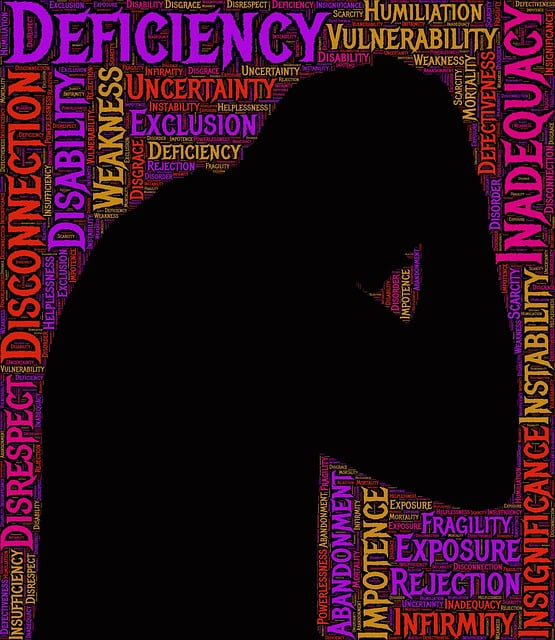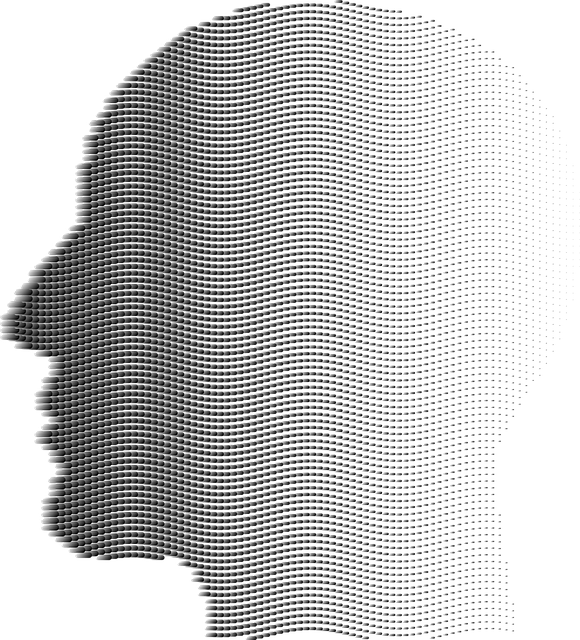Cultural diversity significantly impacts the mental health experiences of young adults with neuro disorders, requiring tailored therapeutic approaches. Mental healthcare practitioners must understand and respect individual cultural contexts to bridge gaps and enhance outcomes. By incorporating compassionate practices, self-care routines, and culturally responsive techniques, therapists create inclusive environments that foster trust and engagement. This personalized approach not only improves communication but also empowers clients through social skills training, leading to better treatment outcomes and reduced practitioner burnout. Prioritizing cultural sensitivity is crucial for providing quality care tailored to this vulnerable population.
“Cultural sensitivity is a cornerstone of effective mental healthcare, especially when treating young adults with neuro disorders. In a world increasingly characterized by diverse populations, understanding cultural diversity and its impact on mental health is paramount. This article explores key aspects of culturally responsive practices in therapy, including strategies to create inclusive spaces that foster healing. We delve into specific techniques for mental healthcare providers, focusing on navigating cultural nuances when supporting young adults with neuro disorders.”
- Understanding Cultural Diversity and its Impact on Mental Health
- Navigating Cultural Sensitivity in Therapy for Young Adults with Neuro Disorders
- Incorporating Culturally Responsive Practices: Tools and Techniques for Mental Healthcare Providers
- Fostering Inclusive Spaces: Creating Safe Harbors for Diverse Populations in Mental Healthcare
Understanding Cultural Diversity and its Impact on Mental Health

Cultural diversity is a rich fabric that intertwines various belief systems, values, and traditions, each offering unique perspectives on mental health and well-being. In today’s globalized world, mental healthcare practitioners increasingly encounter clients from diverse cultural backgrounds, including young adults with neuro disorders who may have specific needs and expectations shaped by their cultural identities. Recognizing and understanding these differences is paramount to providing effective therapy.
The impact of cultural diversity on mental health cannot be overstated. Different cultures may attribute symptoms of mental illness to various causes, such as spiritual or supernatural influences, family dynamics, or community factors. For instance, a young adult from an Asian background might seek therapy for anxiety but express it in ways that are distinct from their Western counterparts, influenced by concepts like mind over matter and the importance of familial support. By incorporating compassion cultivation practices and encouraging self-care routine development tailored to individual cultural contexts, mental health professionals can foster inclusive environments, bridge cultural gaps, and ultimately enhance therapeutic outcomes for diverse populations, including those with neuro disorders.
Navigating Cultural Sensitivity in Therapy for Young Adults with Neuro Disorders

Navigating Cultural Sensitivity in therapy for young adults with neuro disorders requires a nuanced approach that accounts for individual identities and backgrounds. Many young people from diverse cultural groups face unique challenges, such as systemic barriers to care or experiences of discrimination, which can significantly impact their mental health and therapeutic journey. Therapists must cultivate self-awareness exercises and emotional intelligence to recognize these unconscious biases and create safe, inclusive spaces.
By integrating crisis intervention guidance tailored to cultural contexts, therapists can effectively support young adults with neuro disorders. This involves adapting communication styles, understanding family dynamics, and incorporating culturally relevant coping strategies. Through these adaptive practices, therapists foster trust, strengthen therapeutic alliances, and ultimately enhance the effectiveness of treatment for this vulnerable population.
Incorporating Culturally Responsive Practices: Tools and Techniques for Mental Healthcare Providers

Incorporating culturally responsive practices is a vital step for mental healthcare providers to ensure effective treatment and support for young adults with neuro disorders. This approach recognizes the importance of understanding and respecting diverse cultural backgrounds, beliefs, and values. By embracing these practices, therapists can create a safe and inclusive environment, fostering better engagement and trust between therapist and client.
Tools and techniques such as Emotional Well-being Promotion Techniques, tailored communication strategies, and stress management approaches are effective ways to incorporate cultural sensitivity. For instance, therapists might adapt their language and therapeutic methods to align with the client’s cultural context, ensuring that the treatment aligns with their values and beliefs. This personalized approach not only enhances the therapeutic experience but also improves outcomes, as clients feel heard and understood, enabling them to actively participate in their journey towards mental well-being.
Fostering Inclusive Spaces: Creating Safe Harbors for Diverse Populations in Mental Healthcare

In mental healthcare, fostering inclusive spaces is paramount to creating safe havens for diverse populations, including young adults navigating neuro disorders. Therapists play a crucial role in ensuring every client feels seen and heard, transcending cultural and social barriers. By employing empathy building strategies, healthcare providers can create an environment where individuals feel comfortable expressing their unique experiences and challenges. This approach not only enhances therapy outcomes but also prevents burnout among practitioners by fostering deeper connections and mutual understanding.
Furthermore, incorporating social skills training into therapeutic practices can significantly benefit young adults with neuro disorders. These sessions teach essential communication and interpersonal abilities, empowering clients to engage more effectively in their treatment plans and build supportive relationships. Ultimately, creating inclusive spaces that prioritize cultural sensitivity enhances the overall quality of mental healthcare services, ensuring better outcomes for all individuals seeking support.
Cultural sensitivity is a cornerstone of effective therapy for young adults with neuro disorders. By understanding and navigating cultural diversity, mental healthcare providers can create inclusive spaces that foster healing and support. Incorporating culturally responsive practices equips professionals with essential tools to address unique needs, ensuring every patient receives personalized care. This approach not only enhances therapeutic outcomes but also revolutionizes mental healthcare by celebrating and embracing the rich tapestry of human experiences.
